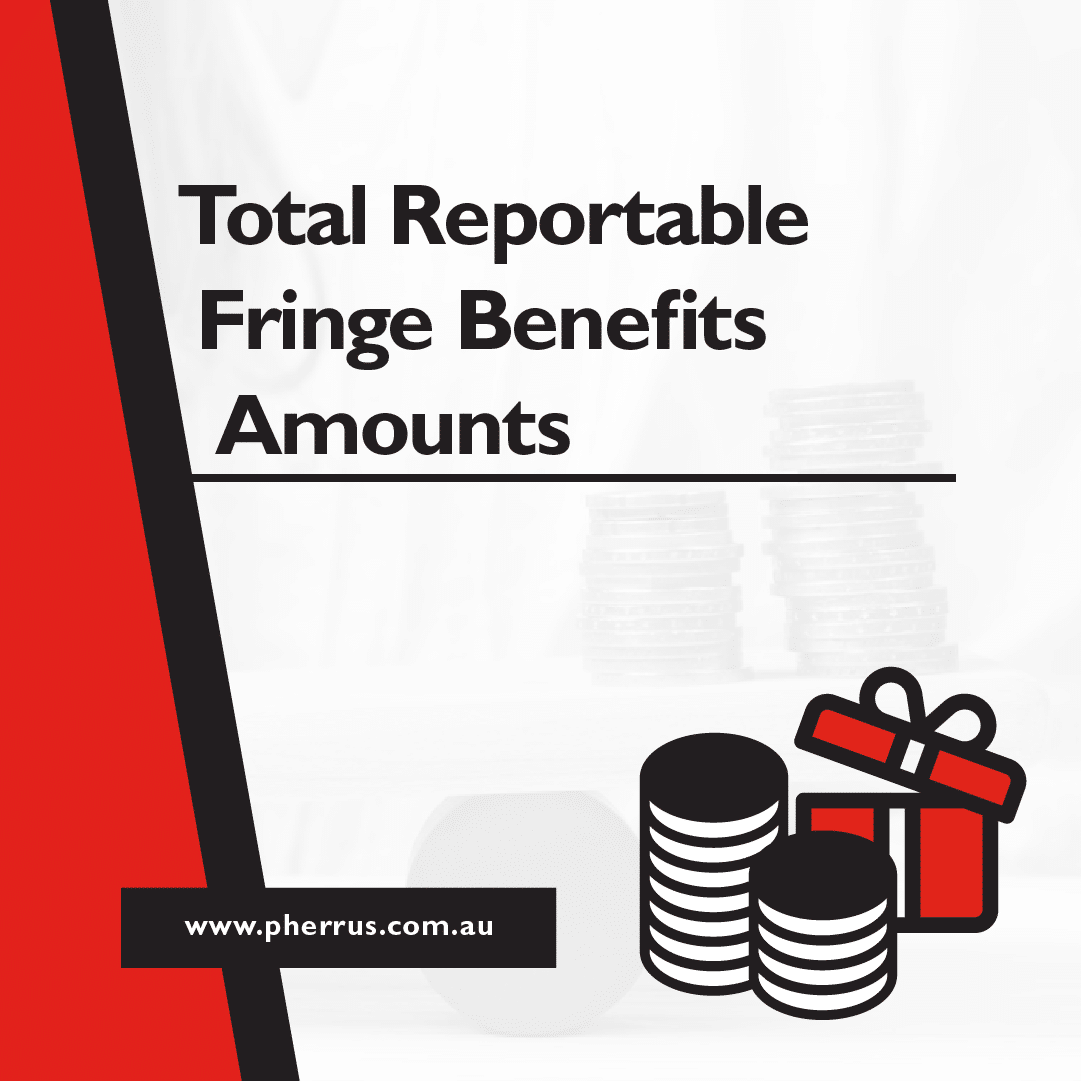Changes to ATO policy may mean that your eligibility for tax deductions have changed. The 10% maximum earnings condition for personal superannuation contributions rule was removed under Government changes for the 2017-18 and future financial years. Under this new condition, you may now be eligible to claim personal super contribution (PSC) deductions.
Let’s take a look at this change in more detail, so you can confidently avoid errors when claiming personal super contribution deductions when tax time rolls around.
How has the rule changed ?
Until 1 July 2017, a taxpayer had to have earned less than 10% of their income from employment-related activities to be eligible to claim PSC deductions. Now, income earners can build their super without relying on their employer’s salary sacrifice arrangements.
It’s worth keeping in mind that if you are self-employed, you can still make deductible contributions to your super regardless of your income sources. This element of the policy has not changed.
What this means for you
With these new changes in place, the majority of income earners under 75 years of age can claim a tax deduction for contributions made personally to their self-managed super fund (SMSF). This is inclusive of those aged between 65 and 74 who meet the ATO’s work test.
To ensure your deductions are made without error, you’ll need to complete the following tasks before the end of the financial year :
- Determine whether or not you have income available to contribute to your super fund
- Review the salary sacrifice arrangement you have with your employer
- Make sure the total personal contributions made to your super fund are below the annual cap of $25,000
You’ll also need to provide a valid ‘Notice of intent to claim or vary a deduction for personal super contributions.’ This will include :
- Notice from your fund of your intention to claim
- Acceptance from your fund for the contribution for which you intend to claim
- Acknowledgement that the amount you intend to claim is covered by the notice
Splitting personal contributions with your spouse
Is dividing personal super contributions with your spouse part of your financial strategy? If you plan on claiming deductions on these split contributions, you must first lodge a ‘Notice of intent to claim or vary a deduction for personal super contributions’ before submitting your ‘Superannuation contributions splitting application.’
If your fund has already accepted the latter, you will not be able to claim deductions on personal contributions split between your partner and yourself.
Consider how this affects recent amendments
Changes to the 10% maximum earnings condition for personal superannuation contributions rule will affect most Australians – both employees and employers. To ensure your claims are successfully processed, it’s essential to consider how this update will impact other recent amendments, such as the Fair Work Amendment (Family and Domestic Violence Leave) Act 2018. This gives all Australian employees the right to unpaid annual leave following family or domestic violence.
This is just one example of how income earner rights are continuously evolving. If you’d like to take full advantage of changes to the rules surrounding deductions on personal contributions, contact one of our experts today.




